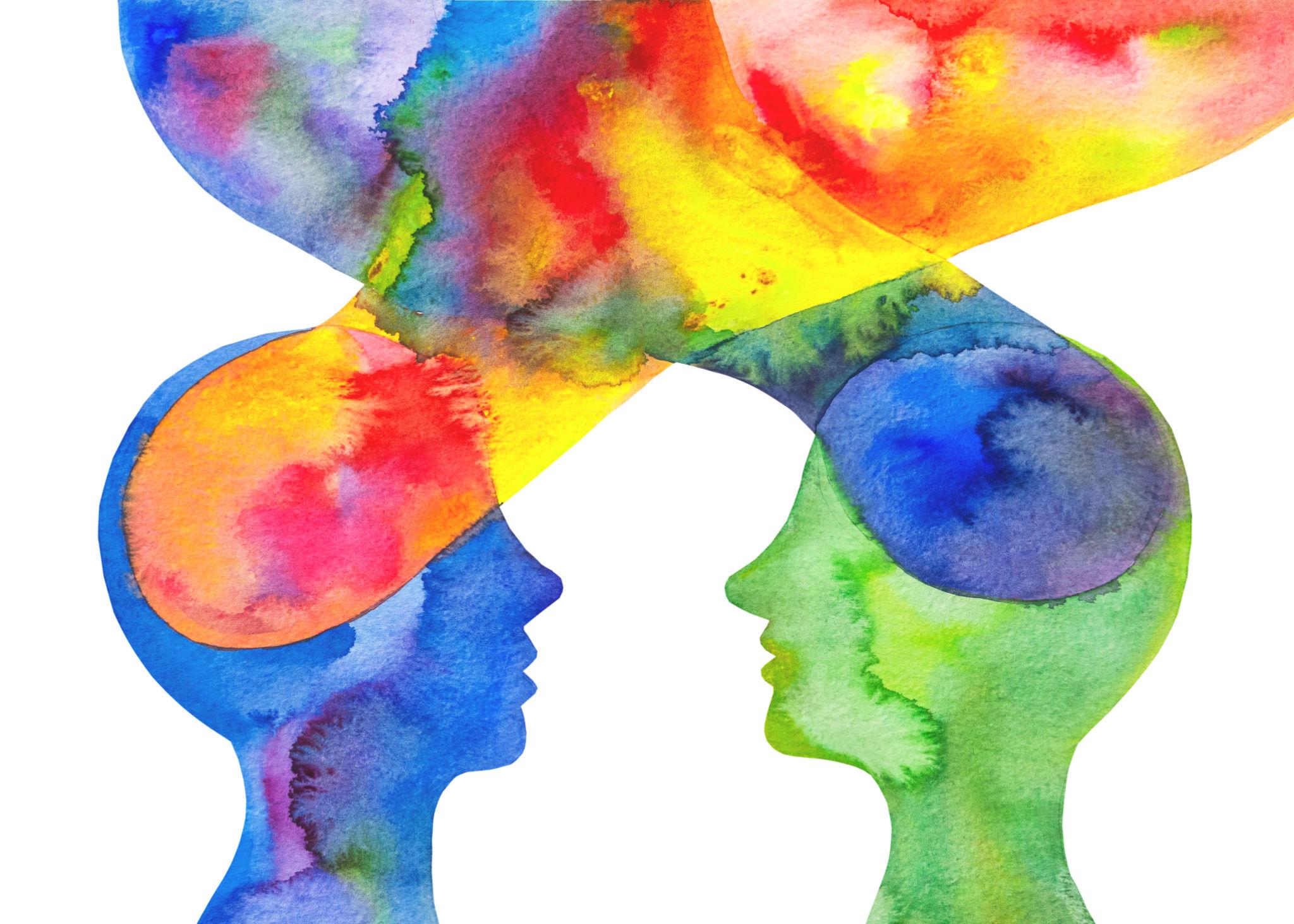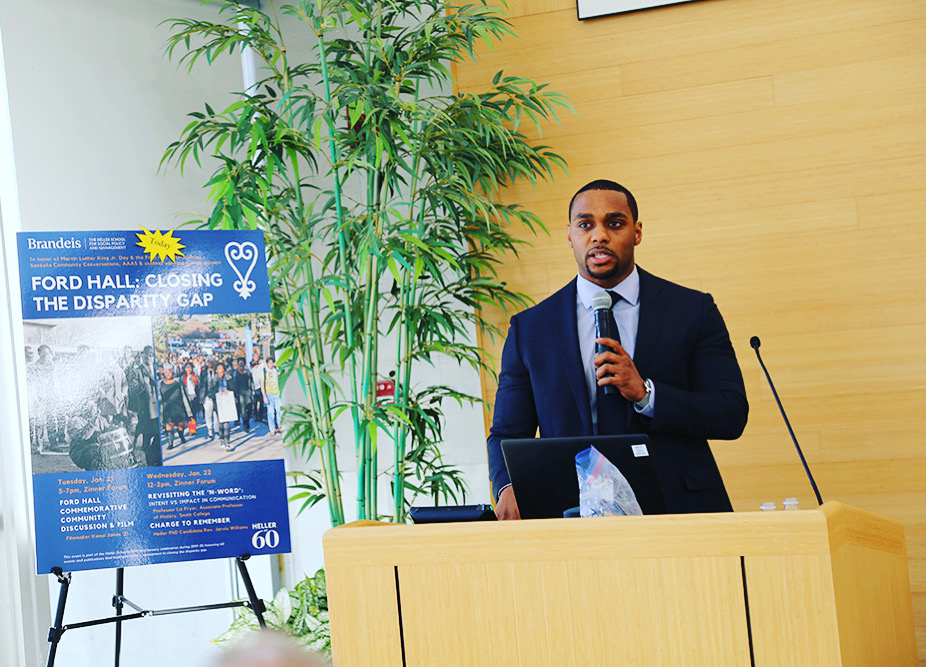Jarvis Williams, the Director of Applied Research and Julia Roig, the Chief Network Weaver at Horizons come together in this short video interview to reflect on the “Alabama Brawl” that occurred in August of 2023 and its implications for how we incorporate a racial justice lens into our pro-democracy organizing.
We look forward to sharing more of our sensemaking practices in this format. Let us know what you think!
What do we mean by “sensemaking”?
The following is taken from a previous Horizons’ blog that you can read here.
One of the three lines of work of The Horizons Project is “sensemaking.” As organizers who believe in the power of emergent strategy, the practice of sensemaking is something that we are continually reflecting upon: What is sensemaking? What is its purpose? How do we do it better? How can it drive our adaptation? How can we share what we’re learning and doing with diverse communities?
So, what exactly is “sensemaking” and why is it important to organizers? First and foremost, we acknowledge that we are operating in a world filled with volatility, uncertainty, complexity and ambiguity (VUCA). Even if we weren’t such a small team, we could never hope to fully wrap our minds (and arms) around this VUCA world. If our goal at The Horizons Project is to provide value and help connect actors within the social change ecosystem, we must find ways to constantly scan and interpret what’s going on within the system to then strategize, act and adjust as needed. Sensemaking is one of those practices. While there are many methodologies and definitions of sensemaking, we are drawn to the approach of Brenda Dervin that is based on asking good questions to fill in gaps in understanding, to connect with others to jointly reflect on our context and then take action.
For additional resources on sensemaking practices, check out:
Horizons Presents (Our podcast, Season One focuses on sensemaking)
Facilitating Sensemaking in Uncertain Times




